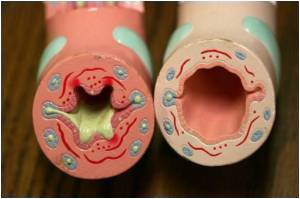Temporary staff members working in a hospital's fast-paced emergency department are twice as likely as permanent employees to be involved in medication errors that harm patients, new

The Hopkins team cautions that while it may be easy to blame the temps themselves for the errors, the problem is probably more diffuse and complex. "A place that uses a lot of temporary staff may have more quality of care issues in general," says Julius Cuong Pham, M.D., Ph.D, an assistant professor of anesthesiology and critical care medicine and emergency medicine at the Johns Hopkins University School of Medicine and the study's leader. "It may not be the temporary staff that causes those errors but a function of the whole system."
The Hopkins team says its findings do suggest however that the temp strategy in hospital staffing may be exacting a price in patient harm and that temp staff's unfamiliarity with the practices and systems of a new hospital could be more costly in the long run in terms of patient safety. "Our work suggests that if you can, you probably want to avoid hiring temporary staff because they are associated with more severe medical errors," Pham says.
Pham and his colleagues did their study by examining a national Internet-based voluntary medication error reporting system and data from 2000 and 2005, encompassing nearly 24,000 emergency department medication errors among 592 hospitals. Medication errors made by temporary workers were more likely to reach the patient, result in at least temporary harm and also be life-threatening, they found. The findings appear in the July/August issue of the Journal for Healthcare Quality.
Pham says temporary personnel are often not familiar with local staff, care management systems, protocols or procedures. This may hamper communication and teamwork that causes them difficulty in retrieving important medical information and leave them unsure of which procedures to follow. Temporary help may be less likely to speak up if they see problems and also lag behind the latest knowledge because, unlike permanent employees, temps typically manage their own continuing education.
"You may know the medicine," Pham says, "but you still may get tripped up by the policies and procedures of an unfamiliar system. This can lead to more serious errors."
Advertisement
Pham says it isn't known whether the correlation between temporary workers and more serious medication errors exists in other hospital service areas. Further research is needed to determine that, he says.
Advertisement
Source-Eurekalert









